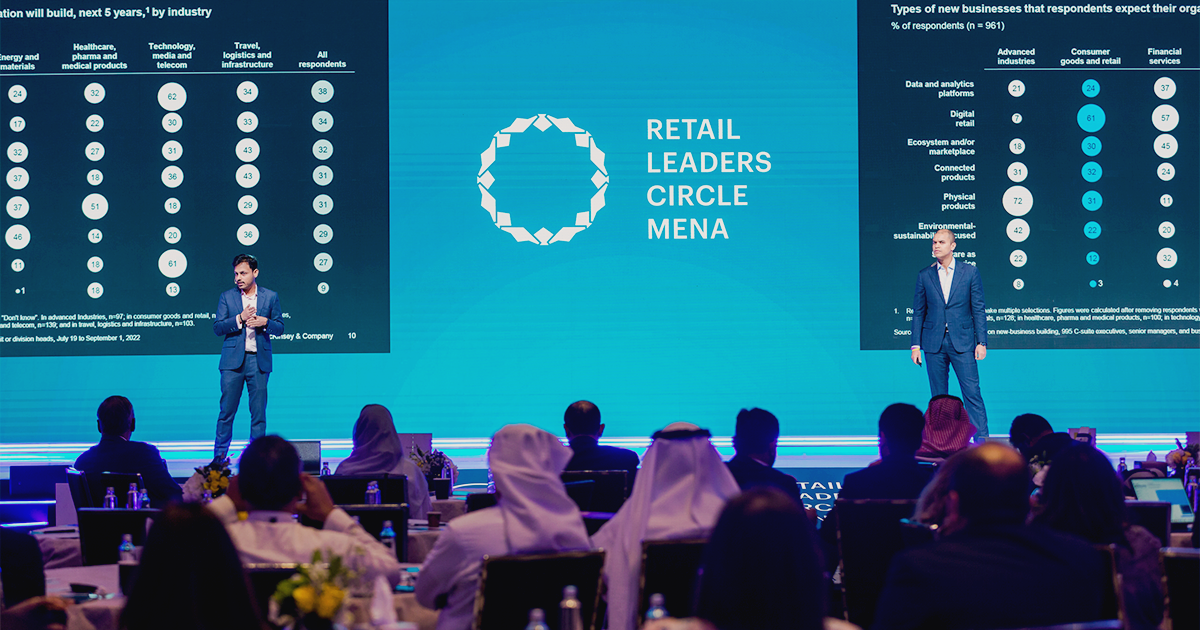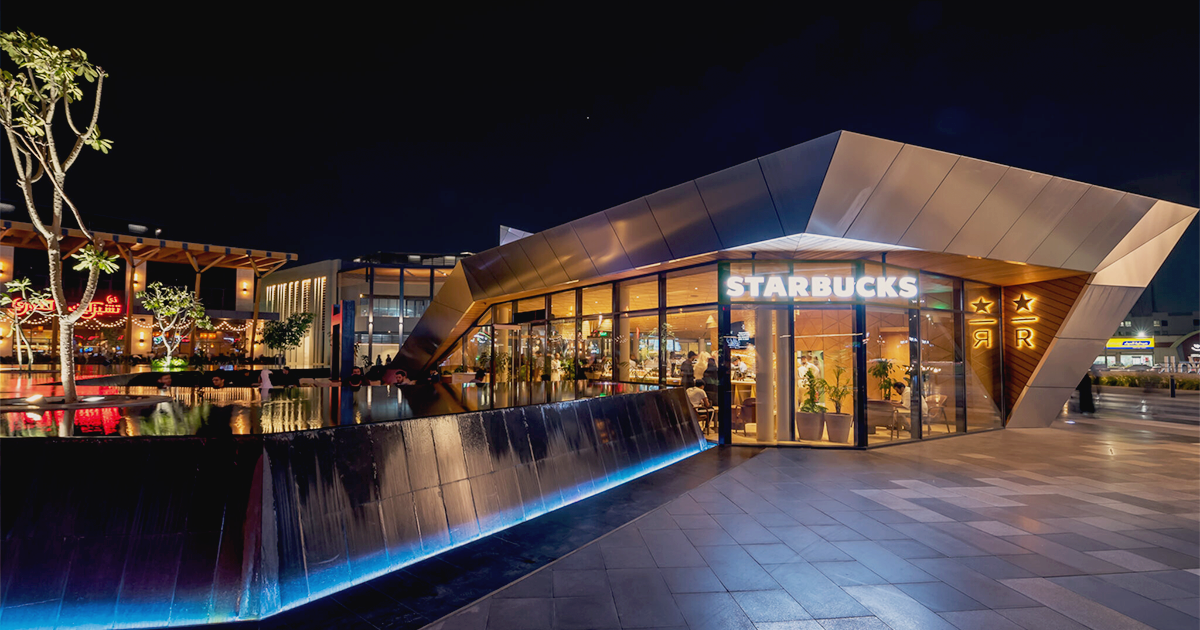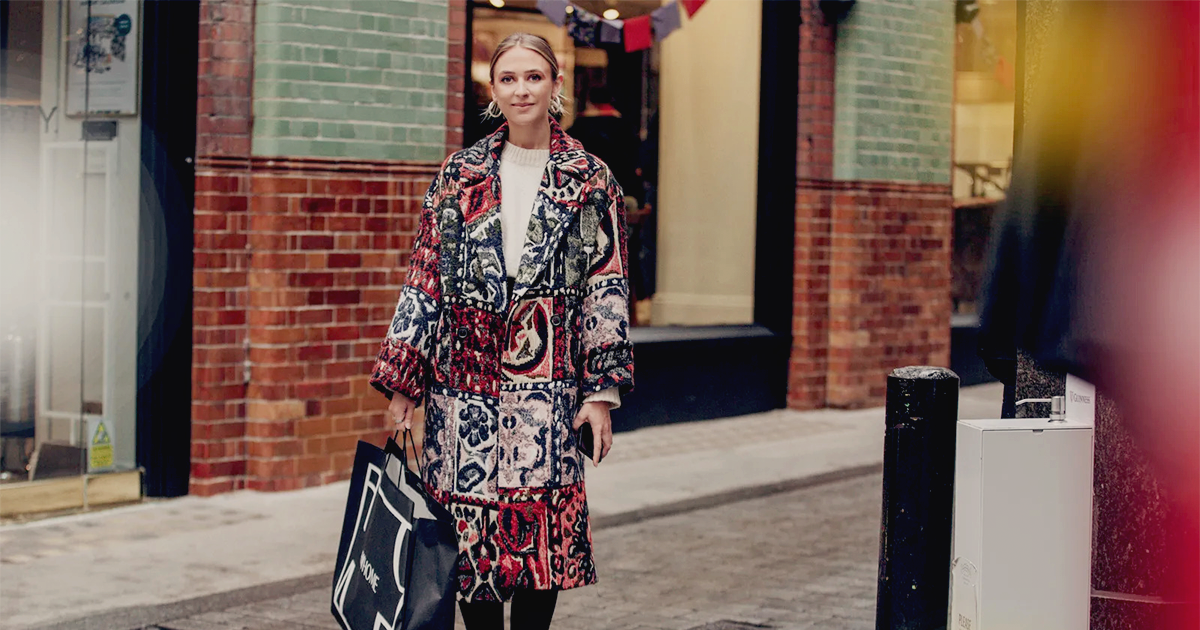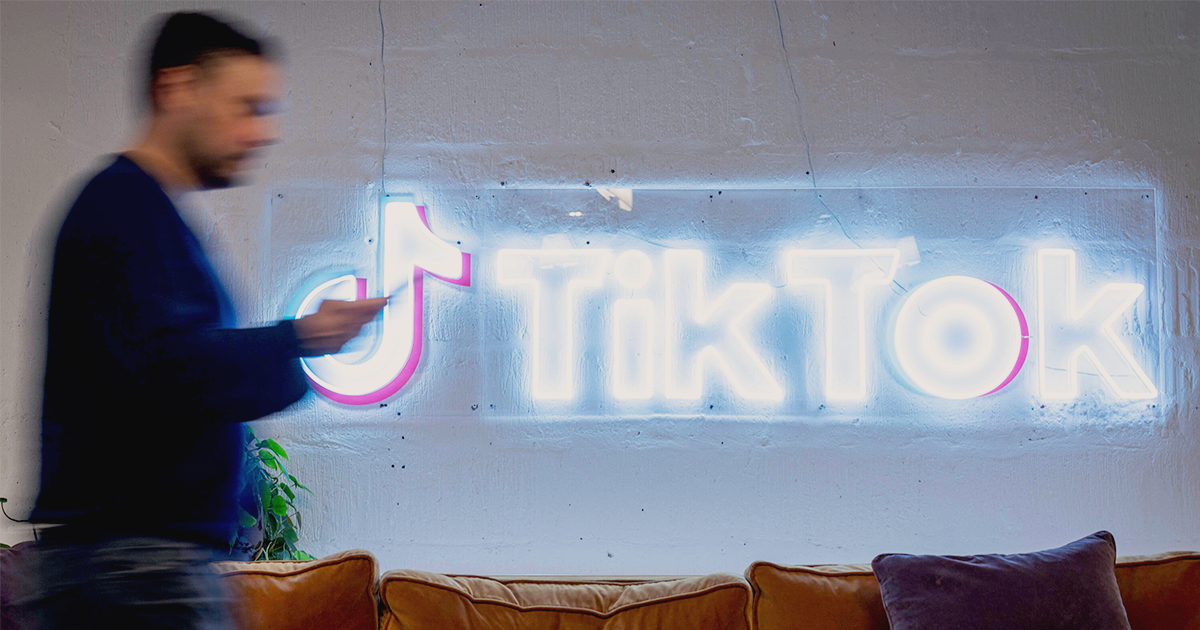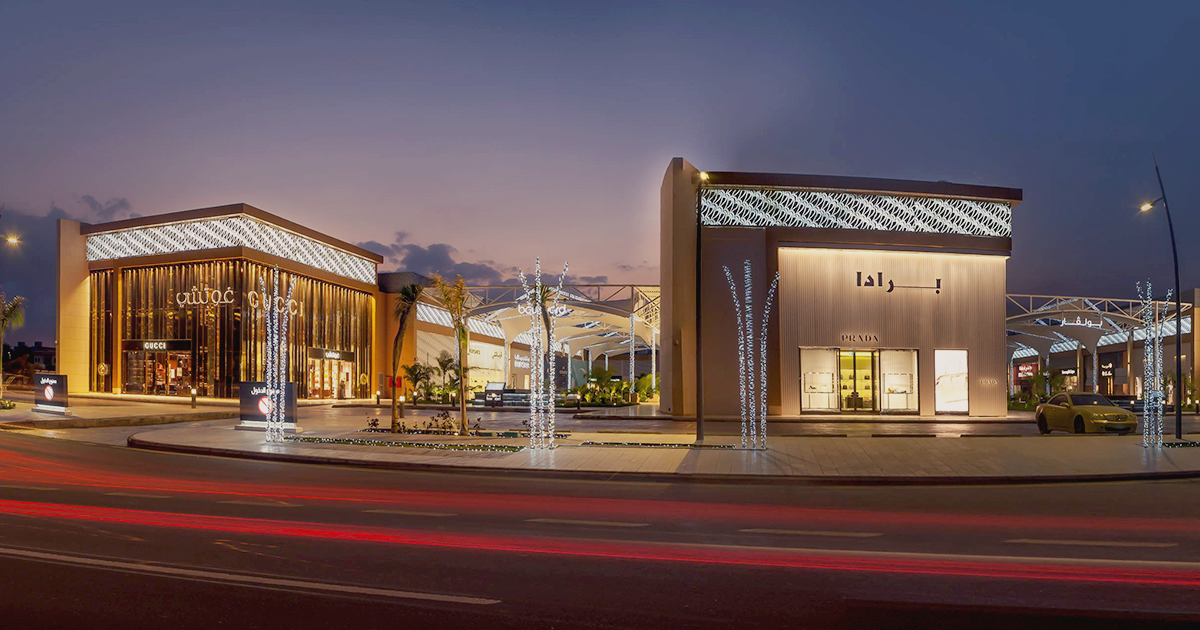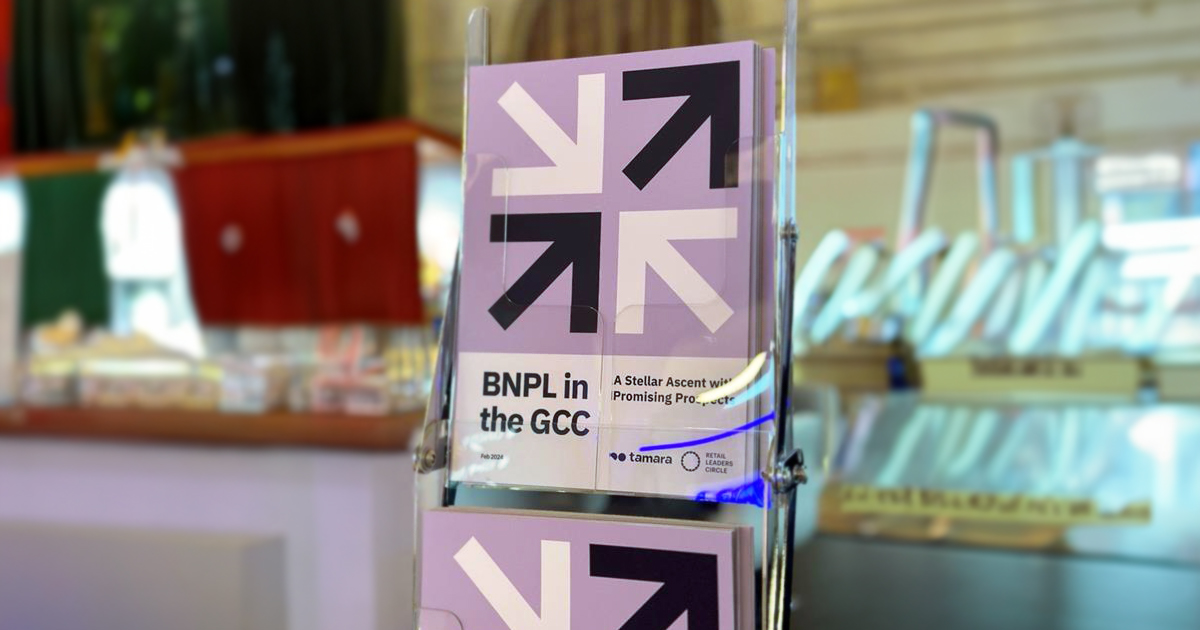
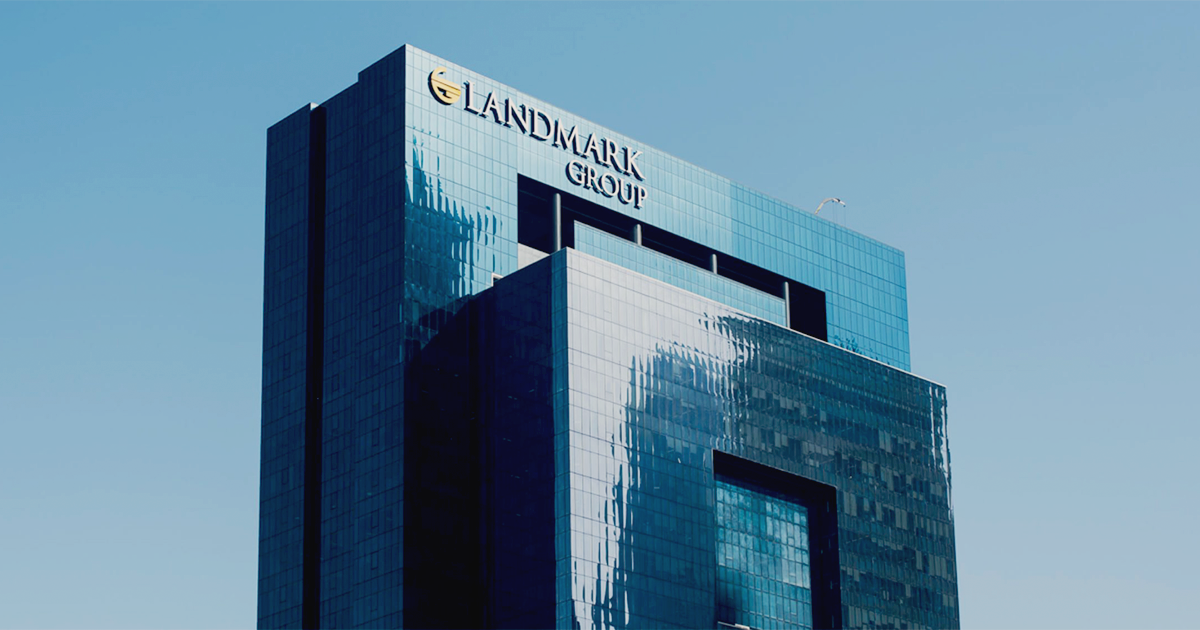
Retail is in a state of flux, driven by emerging technologies and changing expectations among consumers, employees, and civil society. Renuka Jagtiani, Chairwoman of the Landmark Group, shared her thoughts with Debashish Mukherjee, Partner, Middle East & Africa Lead, Consumer & Retail, Kearney on the emerging paradigms within the sector and how retailers need to respond in a dynamic and shifting landscape.
The Channel Paradigm
Moving to an omnichannel model is a huge cost. It requires investment in people, in technology, in logistics and, especially, in the last mile. Delivery is difficult, especially in Saudi Arabia where population centers are so spread out. However, that upfront investment was critical in securing a long-term advantage in the market. The real challenge is to build up the online infrastructure without the physical side of the business.
Brick-and-mortar is not going away and indeed may remain bigger than e-commerce for some years to come. The cost of serving e-commerce will eventually catch up and companies will be charging more for the services they offer today. This will make brick-and-mortar more meaningful. What really sells in brick-and-mortar is how fresh you can keep your business. It’s not about discount: it’s about customer service and freshness. And that is true for both physical and online business.
The People Paradigm
The influx on women into the Saudi retail sector has been game-changing both for employees and for businesses. It’s hard, because you invest in training, invest in people and then you lose them through attrition. But the advantage of having women in the business is that they have a different approach to the customer. They understand the customer because they are the customer. The imperative is to retain people by giving them an opportunity to build their careers.
That means training them to be store managers, area managers. Many female employees have great ambition and drive. They don’t just do their job. They actually want to go somewhere with it. Even though retail is a challenging industry, women enjoy what they’re doing. The government is working hard to maintain this momentum, but the sector definitely needs more support in training for the next level, not just entry-level. That’s where the maximum support is needed for the industry.
The Sustainability Paradigm
ESG has developed over the past couple of years to the point where it’s no longer just a conversion of a box checking exercise but a core strategy for the business.
ESG, is not CSR. It isn’t even an aspect of it. It’s about four aspects. One is the products themselves: what they are made of and how they are sourced. It’s about logistics: how we move products from the point of manufacture to the point of sale. It’s about the spaces in which we operate: how we make them more sustainable and reduce the overall carbon footprint. And it’s about waste management: how we reduce waste and recycle what we don’t need. It’s a journey and, in many ways, we are just at the start.
 ESG is not only about the customer believing, but it’s actually the retailer believing. It will only make sense if it makes commercial sense for both. And that is the challenge.
ESG is not only about the customer believing, but it’s actually the retailer believing. It will only make sense if it makes commercial sense for both. And that is the challenge.
 ESG is not only about the customer believing, but it’s actually the retailer believing. It will only make sense if it makes commercial sense for both. And that is the challenge.
ESG is not only about the customer believing, but it’s actually the retailer believing. It will only make sense if it makes commercial sense for both. And that is the challenge. 








